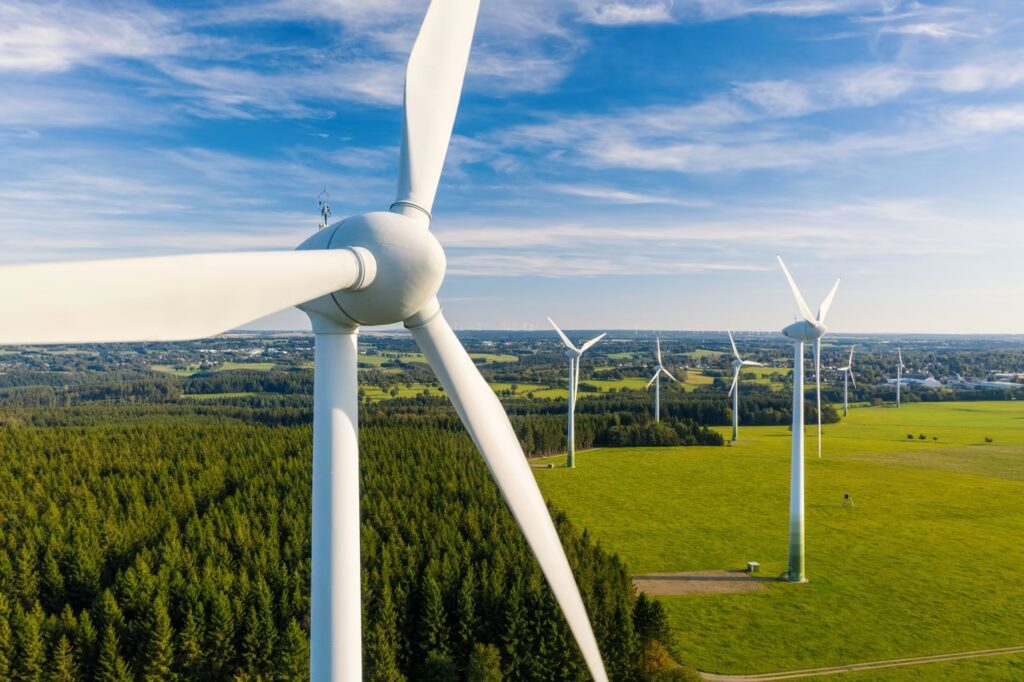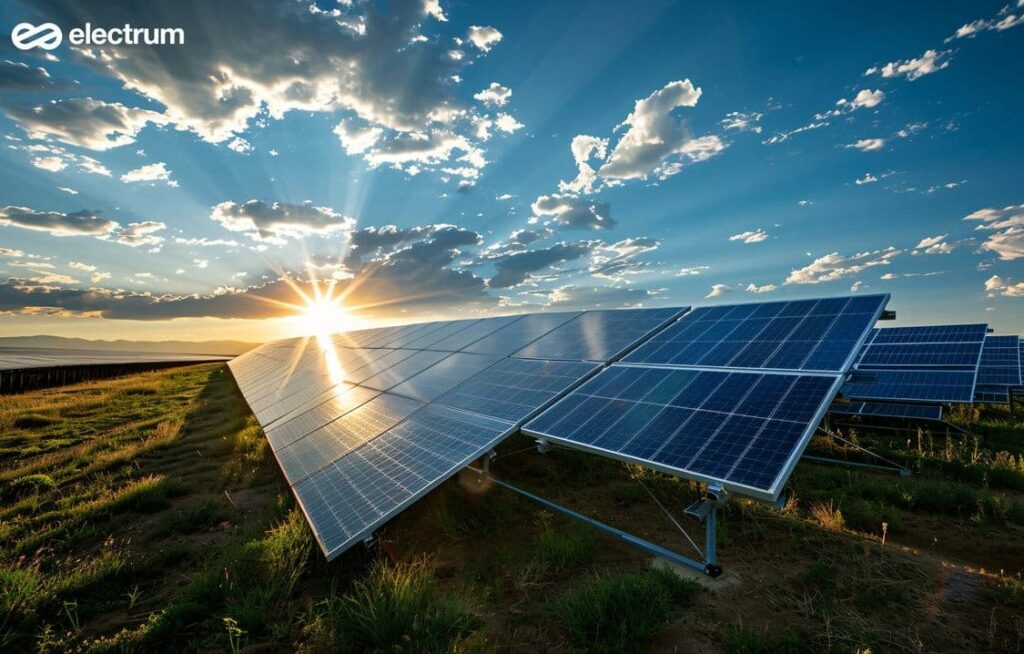Introduction to Risk Management in Solar Projects
The development of solar farms (PV) is crucial in the transition to renewable energy sources. However, each PV project carries certain risks that require effective management. In this article, we will examine risk management in solar projects, focusing on the most significant risks and strategies for minimizing them.
Weather Conditions: An Unpredictable Factor in Solar Farms
One of the biggest challenges in PV farm projects is variable weather conditions. Extreme phenomena, such as storms, hail, or prolonged rainfall, can significantly affect the efficiency and durability of solar panels. Therefore, it is essential to design farms considering the local climate and to use technology that can withstand extreme conditions.
Read more about our service: Solar farm construction
Technical Aspects of Building PV Farms
Another important element is technology. The choice of appropriate solar panels, inverters, and mounting systems is crucial for the efficiency and longevity of the farm. Additionally, it is important to consider technical risks associated with new, untested technologies that may affect the reliability of the entire system.
Read more: Solar Power System Design – What You Need to Know?
Logistics and Project Management: The Key to Success
Logistics and project management are other areas where risks arise. Ineffective management of time, human resources, and materials can lead to delays and increased costs. Therefore, it is important to apply proven project management methods and ensure effective communication among all stakeholders.
Learn more about: Solar energy monitoring
Summary: Balancing Risk and Efficiency
Risk management in solar projects is a process that requires attention to many aspects — from weather conditions to technology selection, logistics, and project management. The key to success lies in understanding potential threats and effectively minimizing them, which will allow for optimal efficiency and profitability in renewable energy investments.




